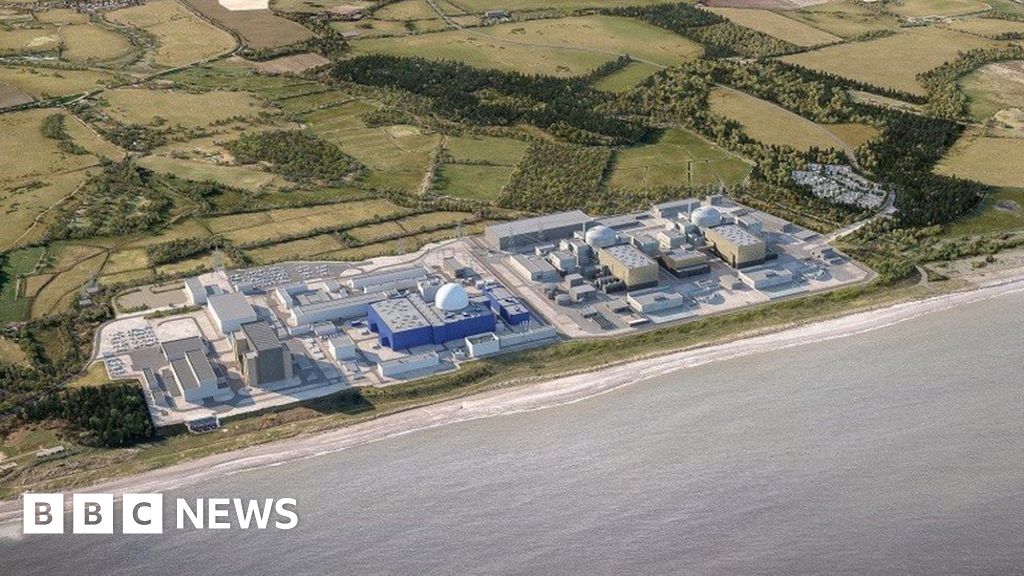Receive free US politics & policy updates
We’ll send you a myFT Daily Digest email rounding up the latest US politics & policy news every morning.
President Joe Biden will host his Israeli counterpart Isaac Herzog in Washington on Tuesday, a day after inviting Prime Minister Benjamin Netanyahu to the US, amid strains between the traditional allies over the hardline policies of Israel’s new government.
Biden’s decision to invite Herzog, whose powers are largely ceremonial, ahead of Netanyahu has been widely interpreted in Israel as a sign of US concerns about his far-right government’s agenda, which includes a bitterly contested judicial overhaul and an acceleration of settlement building in the occupied West Bank.
Herzog — who will also meet vice-president Kamala Harris, secretary of state Antony Blinken and address a joint session of the Houses of Congress — insisted ahead of his visit that the US-Israeli relationship was “above and beyond any and all disagreements”.
“The alliance between Israel and the US is unbreakable and irreplaceable,” he said. “Our enemies should not underestimate us.”
Biden held a phone call with Netanyahu on Monday in which he invited the Israeli premier to the US. John Kirby, National Security Council spokesperson, said the trip would take place “sometime in the fall”, adding that details were “still being worked out”.
Netanyahu’s office said the call with Biden had been “long and warm”, but Kirby stressed that Biden’s extension of an invitation to Netanyahu — seven months after he took office — did not mean the US administration’s concerns about his government’s policies had vanished.
“You shouldn’t take away from the fact that they had a conversation today and that they’ll meet again in the fall that we have less concerns over these judicial reforms or less concerns over some of the extremist activities and behaviour by some members of the Netanyahu cabinet,” Kirby told reporters. “Those concerns are still valid. They’re disturbing.”
Kirby’s comments came a week after Biden himself issued an unusually strong public criticism of Netanyahu’s cabinet, saying in an interview with CNN that it contained some of the “most extreme” figures he had encountered in his 50 years of contact with Israeli governments.
He drew attention to Israel’s policies in the West Bank, which Palestinians seek as the heart of a future state, but which Israel has occupied since 1967, and where ultranationalists in Netanyahu’s government, such as Bezalel Smotrich and Itamar Ben-Gvir, are pushing for a further expansion of settlements, which most of the international community deems illegal.
“It’s not all Israel’s problem now, in the West Bank, but they are a part of the problem,” Biden said. “Particularly those members of the cabinet who say . . . ‘we can settle anywhere we want, [the Palestinians] have no right to be here’, etc.”
US officials have also repeatedly expressed concerns about a series of judicial changes pushed by Netanyahu’s government, which are designed to weaken the powers of Israel’s top court.
Government officials have insisted that the changes are necessary to rein in an overly activist judiciary that uses powers it was never formally granted to push a partisan leftwing agenda.
But critics see them as a brazen power-grab that will fundamentally undermine Israel’s checks and balances, pave the way for the evisceration of minority rights and damage the economy.
Since the proposals were unveiled in January, hundreds of thousands of Israelis have taken to the streets in protests. Further demonstrations took place on Tuesday, with protesters blocking roads around the country. Doctors are also due to hold a two-hour warning strike on Wednesday.
Credit: Source link









